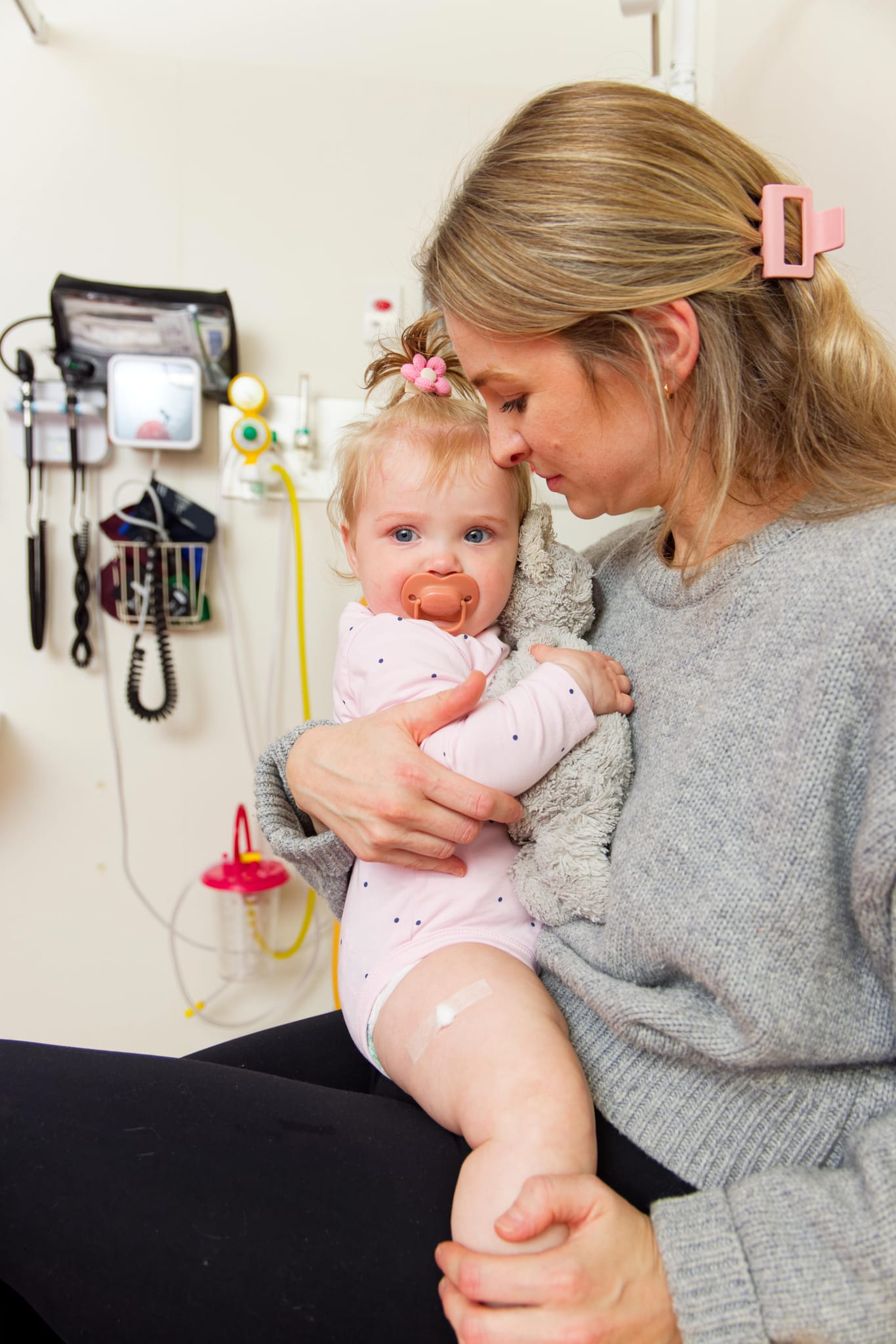Search

News & Events
Raine Foundation support for researchers from The KidsCongratulations to six researchers from The Kids Research Institute Australia, who will use valuable support from the Raine Medical Research Foundation’s 2024 grant round to undertake projects focused on improving the health and wellbeing of babies, children and young people.
RSV Update

News & Events
Australia on the cusp of one-shot meningococcal protectionA life-saving meningococcal vaccine covering all five common strains of the deadly disease could soon be available thanks to vital research demonstrating the safety and effectiveness of a combination Men ABCWY vaccine.

News & Events
Kids researchers using real tonsils in quest to develop new Strep A vaccineA new study underway at the Wesfarmers Centre of Vaccines and Infectious Diseases, based at The Kids Research Institute Australia, is deliberately infecting tonsils with Strep A in the laboratory to test a range of potential vaccine candidates.

News & Events
New cultural safety initiative guides best practice for clinical researchPerth investigators involved in a major global trial have launched an innovative Cultural Information Hub to maximise cultural safety for Aboriginal and/or Torres Strait Islander patients participating in research.

News & Events
COVID-19 risks explained for babies, children and pregnant womenMany parents may be feeling anxious and confused about what COVID-19 means for pregnant women, babies and children.

News & Events
Seed grant preps world-first ear infection prevention therapy for human trialsThe Kids Research Institute Australia has secured a State Government grant to prepare a nasal therapy designed to prevent childhood ear infections for a world-first clinical trial.
Contact us If you'd like to get in touch, please contact Marie Nadal-Sims by phone or email. Phone: (08) 6319 1001 Email: IICPerth@thekids.org.au All
Contact us If you'd like to get in touch, please contact us by phone or email. Phone: 0400 450 240 Email: vtg@thekids.org.au Clostridium difficile
Contact us If you'd like to get in touch, please contact us by phone or email. Phone: 0400 450 240 Email: vtg@thekids.org.au Paediatric Active
